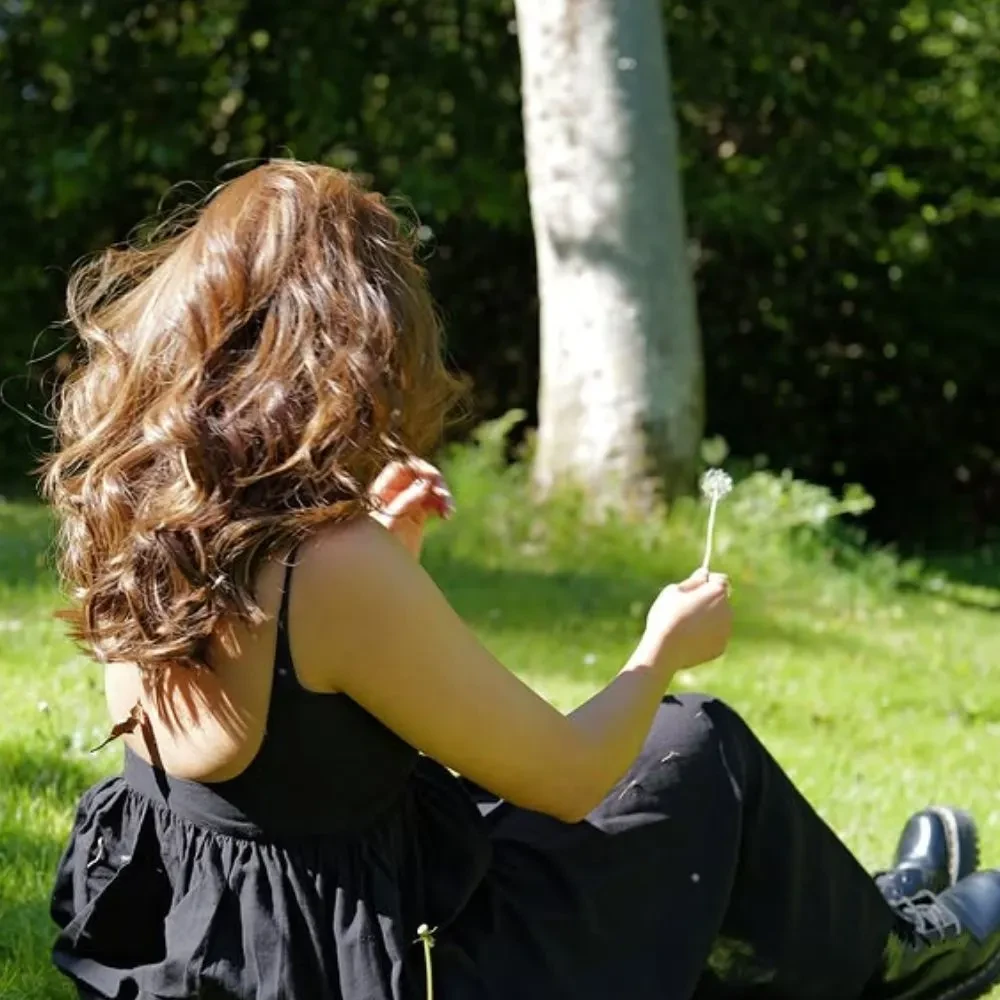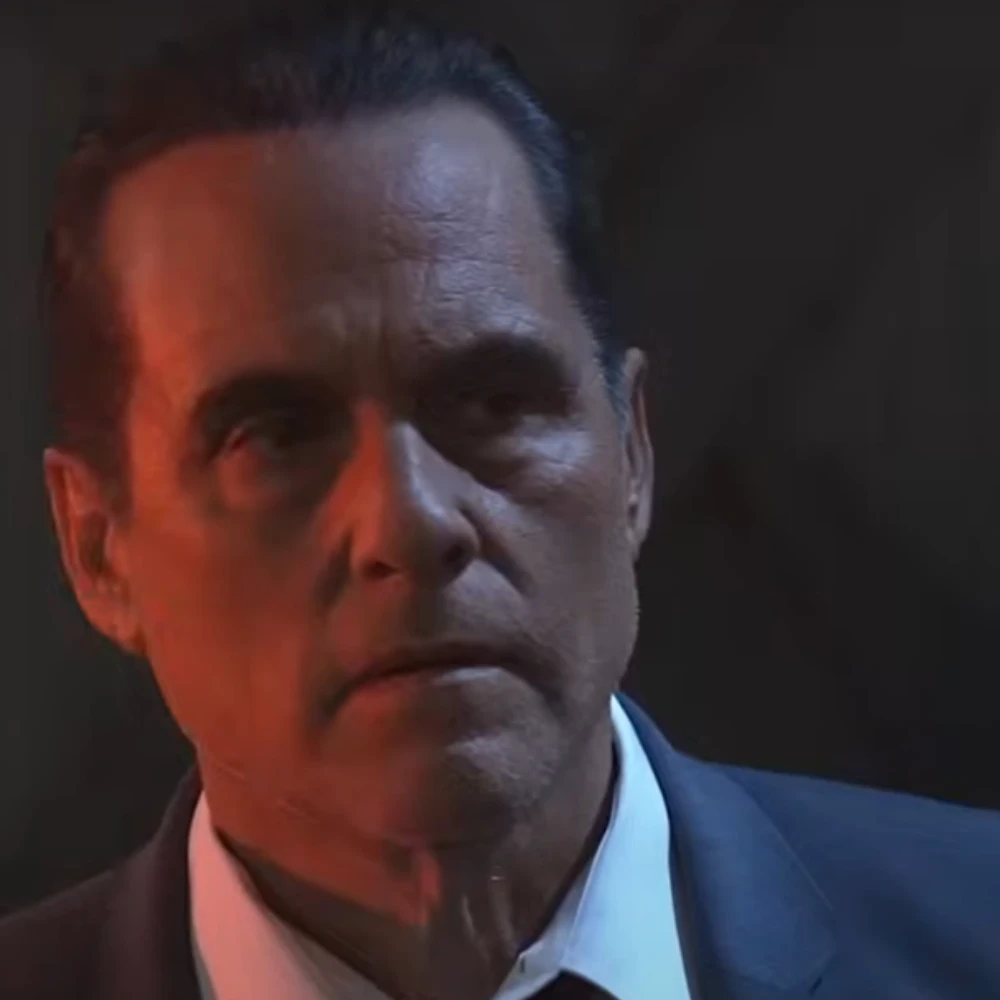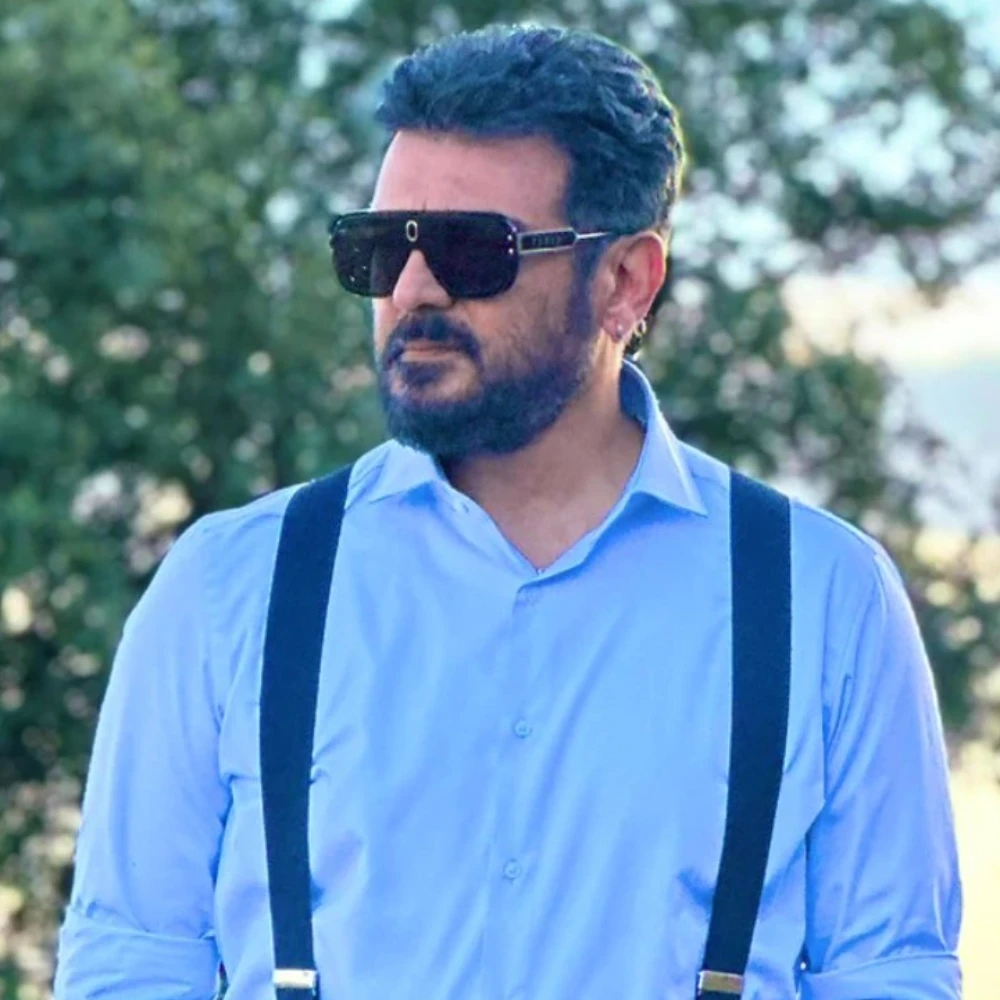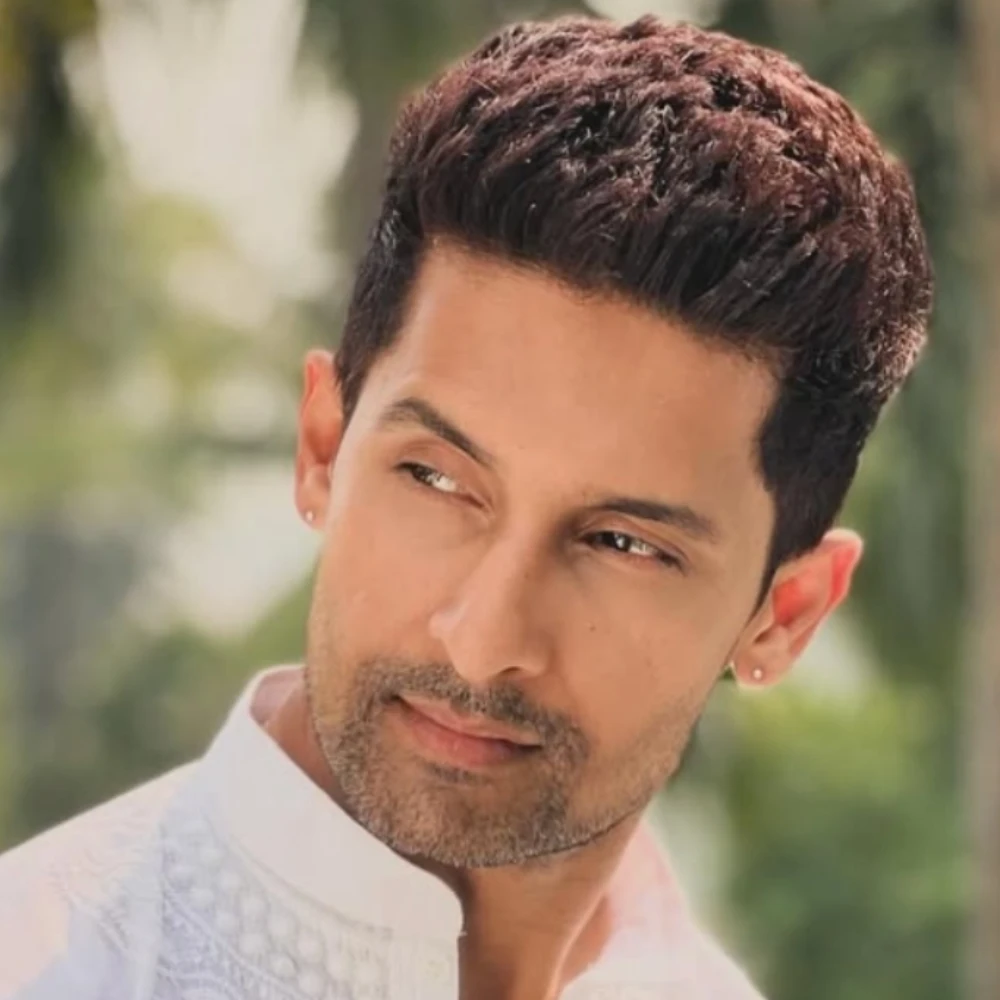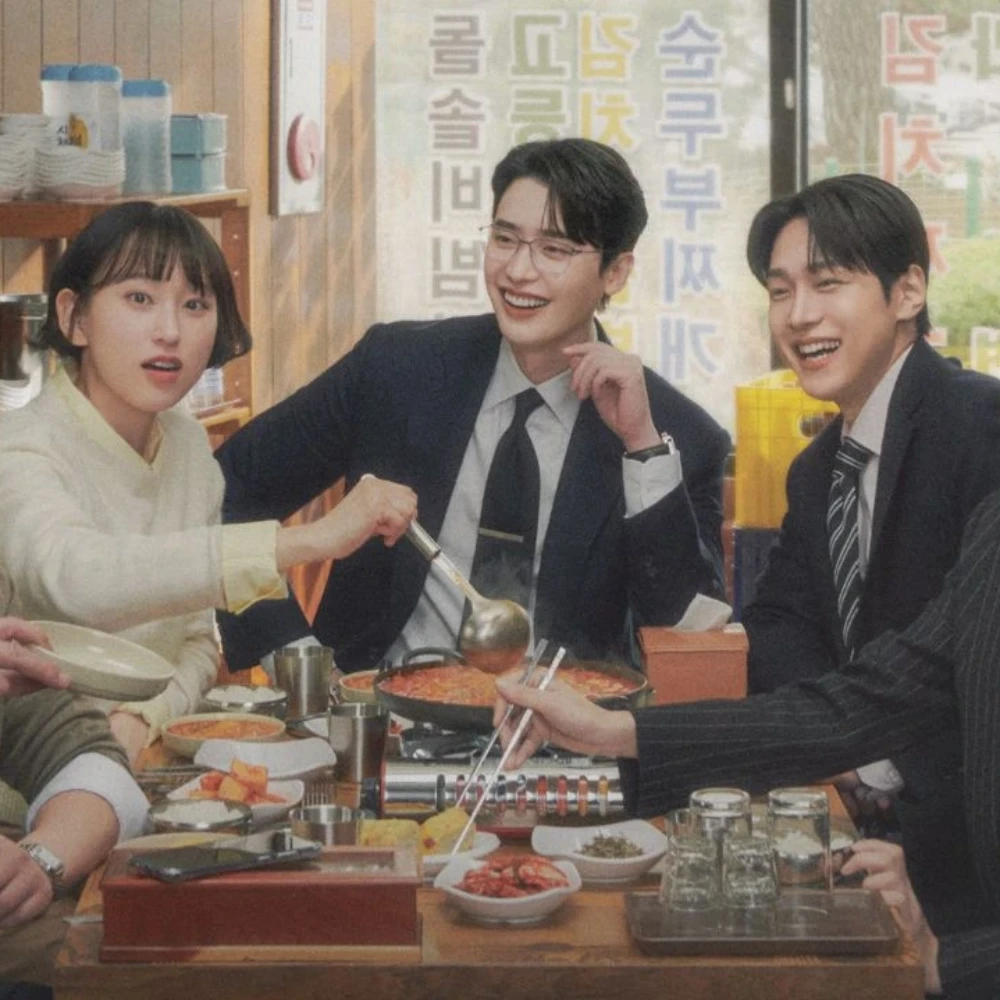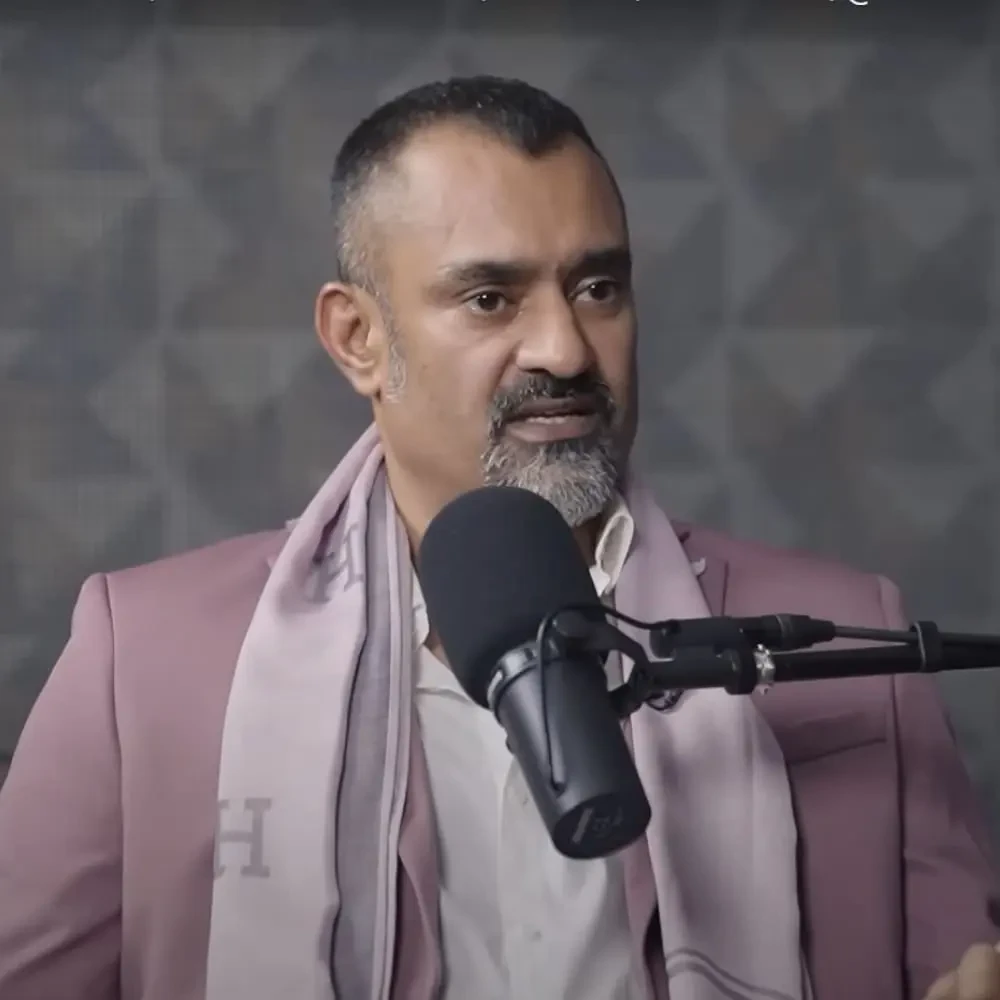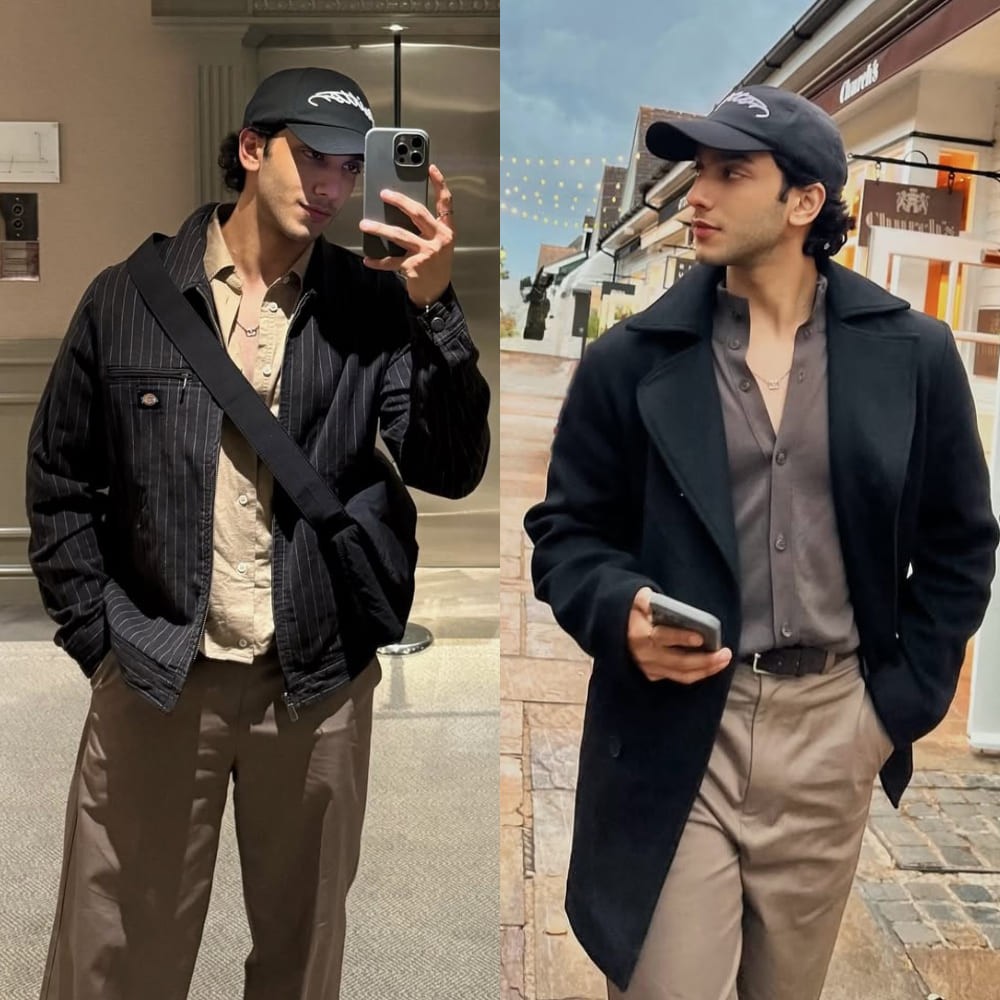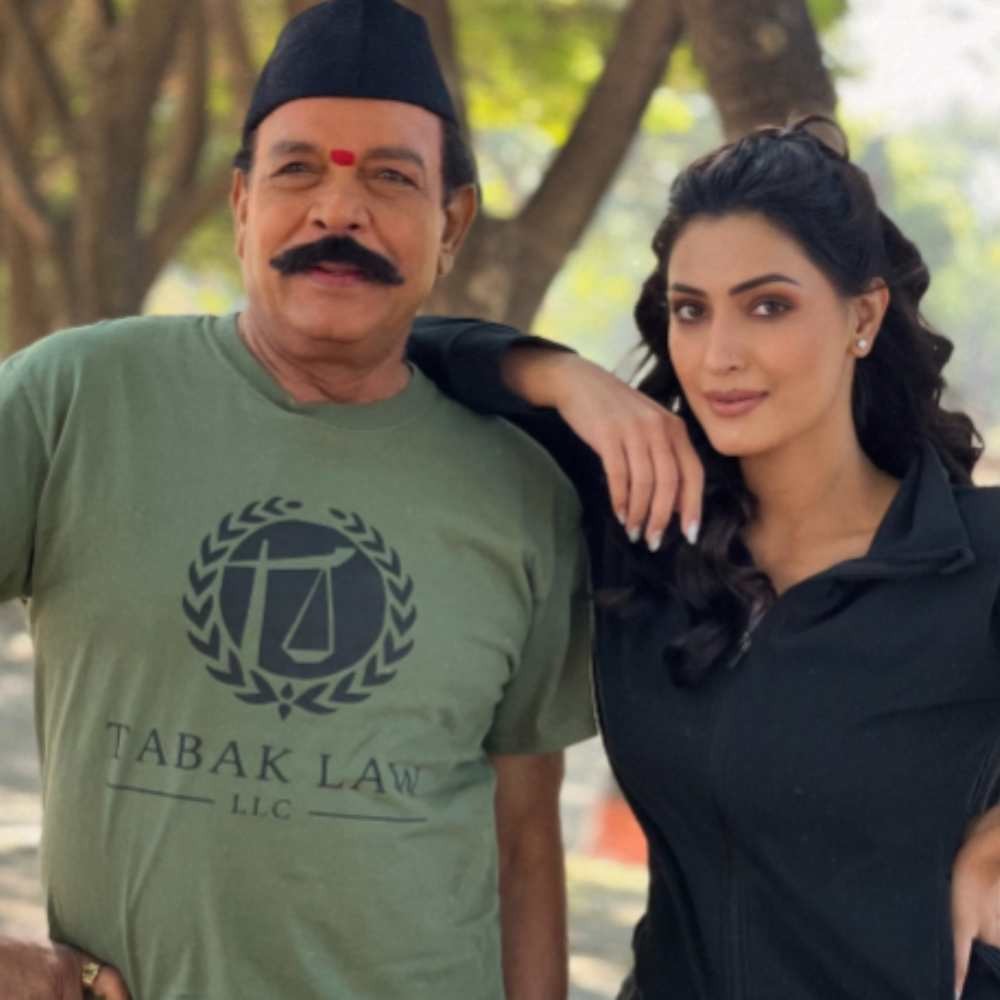True Crime: Our Digital Age Obsession
True crime has become a cultural phenomenon, captivating audiences worldwide. This fascination with true crime is not new, but the advent of digital media has significantly amplified and reshaped how people consume and engage with these narratives. Let’s dive into the factors driving the true crime obsession and how technology fuels it.
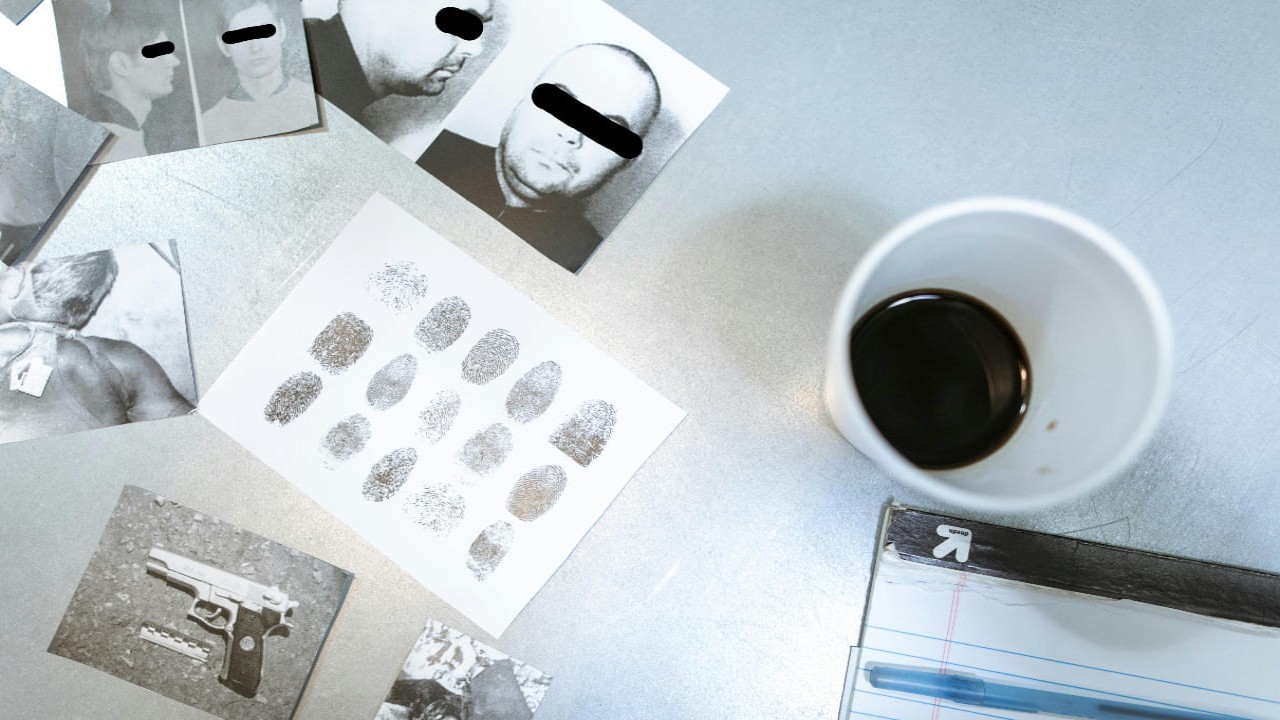
Introduction
True crime stories have gripped our collective imagination for decades, but with the rise of digital media, our fascination has reached new heights. From binge-watching Netflix documentaries to tuning into the latest podcast series, we’re consuming true crime like never before. But why are we so obsessed, and how has technology fueled this phenomenon? Let’s dive into the statistics, explore the psychological appeal, and consider the broader societal implications.
The Digital Transformation of True Crime
In the past, true crime fans had to rely on books, newspapers, and occasional TV specials to get their fix. Today, the internet has exploded with true crime content available at our fingertips. According to research, ExpressVPN revealed in one of their blogs that true crime podcasts are among the most popular genres, with 73 million Americans listening to podcasts monthly in 2020. Streaming services like Netflix have also capitalized on this trend, producing hit series like "Making a Murderer" and "The Ted Bundy Tapes."
Why We’re Hooked
1. Curiosity and the Need for Understanding
Humans are naturally curious creatures. We’re fascinated by the unknown and the macabre. True crime stories offer a glimpse into the darker side of human nature, allowing us to explore the "why" behind the actions of killers and criminals. This need to understand the inexplicable draws us in as we piece together motives and psychological profiles.

2. The Thrill Factor
True crime gives us a rush. The suspense and mystery keep us on the edge of our seats. We experience fear and excitement vicariously, knowing we’re secure in our homes. It’s like watching a horror movie, but with the added intrigue of knowing it’s all real. This safe exposure to danger can be both thrilling and addictive.
3. The Quest for Justice
Another significant factor is the desire for justice. True crime stories often focus on the pursuit of justice, whether through solving a mystery or seeing a criminal brought to trial. This emphasis on justice resonates with many, fulfilling a psychological need to see wrongs righted and order restored. Making it feel deeply satisfying and reassuring. Besides, it makes the world seem a bit more orderly.
The Role of Technology
Social Media and Online Communities: Platforms like Twitter, Reddit, and Facebook have transformed true crime consumption into a communal activity. Fans share theories and updates, gradually engaging in amateur sleuthing. The Gabby Petito case is a recent example where social media played a crucial role in both spreading information and, at times, misinformation. These online communities amplify our engagement, making us feel like a part of the investigative process.
Podcasts: True crime podcasts have revolutionized the genre. "Serial" was a game-changer, and now countless podcasts are diving into cold cases, unsolved mysteries, and famous murders. Podcasts allow for deep, narrative-driven explorations, making them perfect for long commutes or workout sessions. The intimate format helps listeners feel a personal connection to the stories.
Streaming Services: Netflix, Hulu, and other streaming platforms have invested heavily in true crime content. Their high production values and compelling storytelling have turned series like "Tiger King" into cultural phenomena. These platforms offer endless content, catering to our insatiable appetite for true crime.
The Dark Side of Obsession
While true crime content can be engaging and informative, there are potential negative consequences associated with this obsession.
1. Desensitization
Continuous exposure to graphic details of violent crimes can lead to desensitization. Over time, audiences may become less sensitive to the suffering of victims, viewing their stories as mere entertainment rather than real tragedies. The reduced emotional response to real-world violence can make us less empathetic and more detached.
2. Misinformation
The rise of armchair detectives can sometimes do more harm than good. Speculation and unverified theories can spread quickly, potentially harming ongoing investigations and innocent people. As ExpressVPN highlights in their research, misinformation on social media can spiral out of control, impacting real lives.
3. Exploitation
True crime content often walks a fine line between storytelling and exploitation. True crime narratives often focus on sensational aspects of cases, sometimes at the expense of the victims and their families. The constant rehashing of traumatic events can be distressing for those directly affected, and the commodification of their suffering raises ethical concerns. Hence, it’s crucial for creators to handle these stories with sensitivity and respect.
In Conclusion
To enjoy true crime responsibly, we need to be mindful consumers. Adopting a more balanced and ethical approach to consuming and discussing true crime content is crucial. Audiences should prioritize sources that offer respectful, well-researched, and accurate portrayals of cases. Content creators, in turn, should strive to handle sensitive subjects with care, avoiding sensationalism and respecting the dignity of victims and their families. Engage in discussions that consider the ethical implications of consuming and sharing these stories. And remember, behind every case are real people and real pain.
Our obsession with true crime isn’t likely to fade, but with awareness and critical thinking, we can ensure our fascination remains respectful and grounded and does not come at the expense of truth and humanity. Next time you queue up a true crime podcast or documentary, think about the bigger picture and the impact of your consumption. Enjoy the thrill, but stay aware of what it might be doing to you and of the realities behind the stories.





 JOIN OUR WHATSAPP CHANNEL
JOIN OUR WHATSAPP CHANNEL